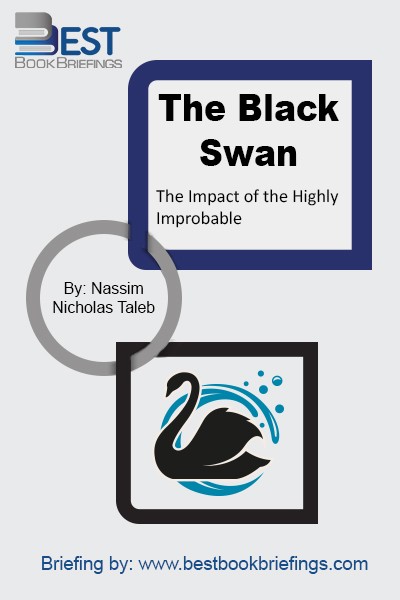The Black Swan
The Impact of the Highly Improbable
Number of pages: 366
Publisher: Random House
BBB Library: Economics and Investment, Politics and Public Affairs
ISBN: 9781400063512
Editorial Review
A black swan is a highly improbable event with three principal characteristics: It is unpredictable; it carries a massive impact; and, after the fact, we concoct an explanation that makes it appear less random, and more predictable, than it was. The astonishing success of Google was a black swan; so was 9/11. For Nassim Nicholas Taleb, black swans underlie almost everything about our world, from the rise of religions to events in our own personal lives. Why do we not acknowledge the phenomenon of black swans until after they occur? Part of the answer, according to Taleb, is that humans are hardwired to learn specifics when they should be focused on generalities. We concentrate on things we already know and time and time again fail to take into consideration what we don’t know. We are, therefore, unable to truly estimate opportunities, too vulnerable to the impulse to simplify, narrate, and categorize, and not open enough to rewarding those who can imagine the “impossible.” For years, Taleb has studied how we fool ourselves into thinking we know more than we actually do. We restrict our thinking to the irrelevant and inconsequential, while large events continue to surprise us and shape our world. Now, in this revelatory book, Taleb explains everything we know about what we don’t know. He offers surprisingly simple tricks for dealing with black swans and benefiting from them. Elegant, startling, and universal in its applications 'The Black Swan' will change the way you look at the world. Taleb is a vastly entertaining writer, with wit, irreverence, and unusual stories to tell. He has a polymathic command of subjects ranging from cognitive science to business to probability theory. 'The Black Swan' is a landmark book – itself a black swan. The book also contains a 4-page glossary; 19 pages of notes; and, a 28-page bibliography in addition to an index.
Book Reviews
Books on Related Topics
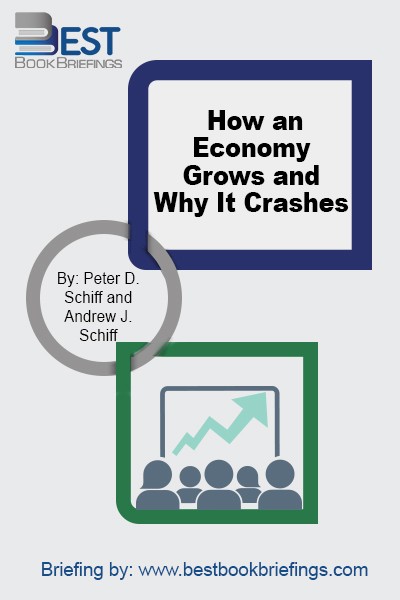
In 2007, when the world was staring into the teeth of the biggest economic catastrophe in three generations, very few economists had any idea there was any trouble lurking on the horizon. Three years into the mess, economists now offer remedies that strike most people as frankly ridiculous. We are told
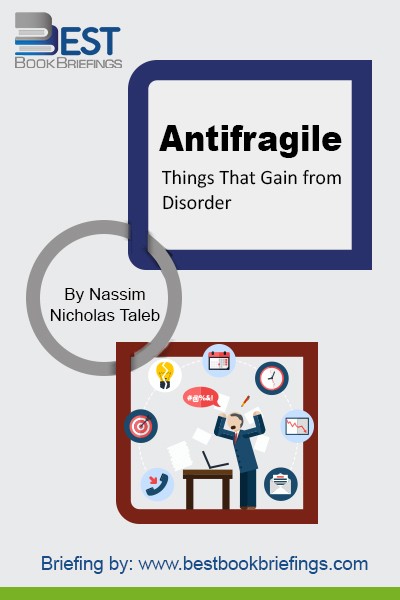
Wind extinguishes a candle and energizes fire Likewise with randomness, uncertainty, chaos: you want to use them, not hide from them. You want to be the fire and wish for the wind. This summarizes the author’s nonmeek attitude to randomness and uncertainty. We just don’t want to just survive uncertainty, or to
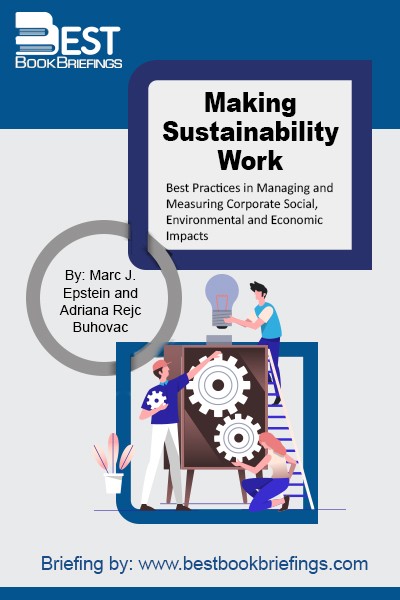
In recent years, corporations of all sizes and orientations have become more sensitive to social issues and stakeholder concerns, and they are collectively striving to become better corporate citizens (in some cases, urged on by shareholder pressure or government regulations). The best practices in corporate sustainability are no longer the exclusive
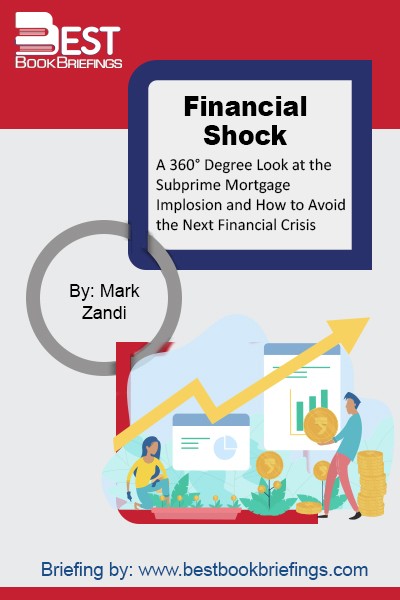
Watching a financial crisis feels much like watching a natural crisis; as long as you are watching from distance. Although one is made by man and the other isn’t, there is something deeply mysterious about each; it isn’t quite clear how or why, or why now. Of course, each can create
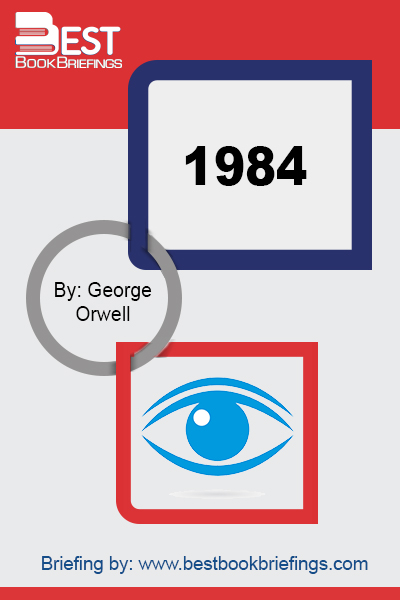
1984 tells the story of Winston Smith, a tall, fragile, thirty-nine-year-old man in blue overalls. Winston came from a world where one was always watched, even in their bedroom; a world where children went to public executions for fun; a world where one was either a member of the Party, or

The phrase “skin in the game” is one we have often heard but rarely stopped to dissect truly. It is the backbone of risk management, and it’s also an astonishingly rich worldview that, as Taleb shows in this book, applies to all aspects of our lives. In his most provocative and

